
For 23 years, NJPN has connected professionals with best practices and the latest science, research, and innovations in advancing the field of addictions.
The NJPN Annual Addiction Conference 2023: ENGAGE + EMPOWER
educates prevention, treatment, and recovery support professionals about critical issues surrounding substance use disorders, while providing a unique forum for
networking, collaboration and workforce development.
 May 18, 2023 09:30 am
May 18, 2023 09:30 am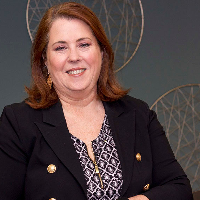
Diane Litterer
CEO and Executive Director, New Jersey Prevention Network (NJPN)

Lisa Asare
Deputy Commissioner New Jersey Department of Human Services

 May 18, 2023 10:00 am
May 18, 2023 10:00 am
Sabrina N'Diaye
Integrative Psychotherapist and Founder of the Heart Nest Center for Peace and Healing

The Conference keynote is an opportunity to honor YOU—the healer, leader, teacher, and visionary of the recovery community. Together, we will experience a “sacred pause” for exploration of your unique gifts, validate the beauty of this path, and make room for the joy and sorrow that accompanies this journey. At the end of the session, you will leave with an increased ability to nurture yourself and others, deepen your capacity for healing and growth, and re-commitment to the sacredness of our work.
 May 18, 2023 11:30 am
May 18, 2023 11:30 am
Curtis Mark
Consultant and Trainer

This workshop session, Health Equity: Incorporating the Social Determinants of Health when Assessing Community Problems, will define equity, health equity, and its importance in prevention work. We will spend some time explaining how the SDOH’s impact health outcomes and how partnership with the 12 community sectors can aid in promoting health equity and mitigating the different SDOH’s.
 May 18, 2023 11:30 am
May 18, 2023 11:30 am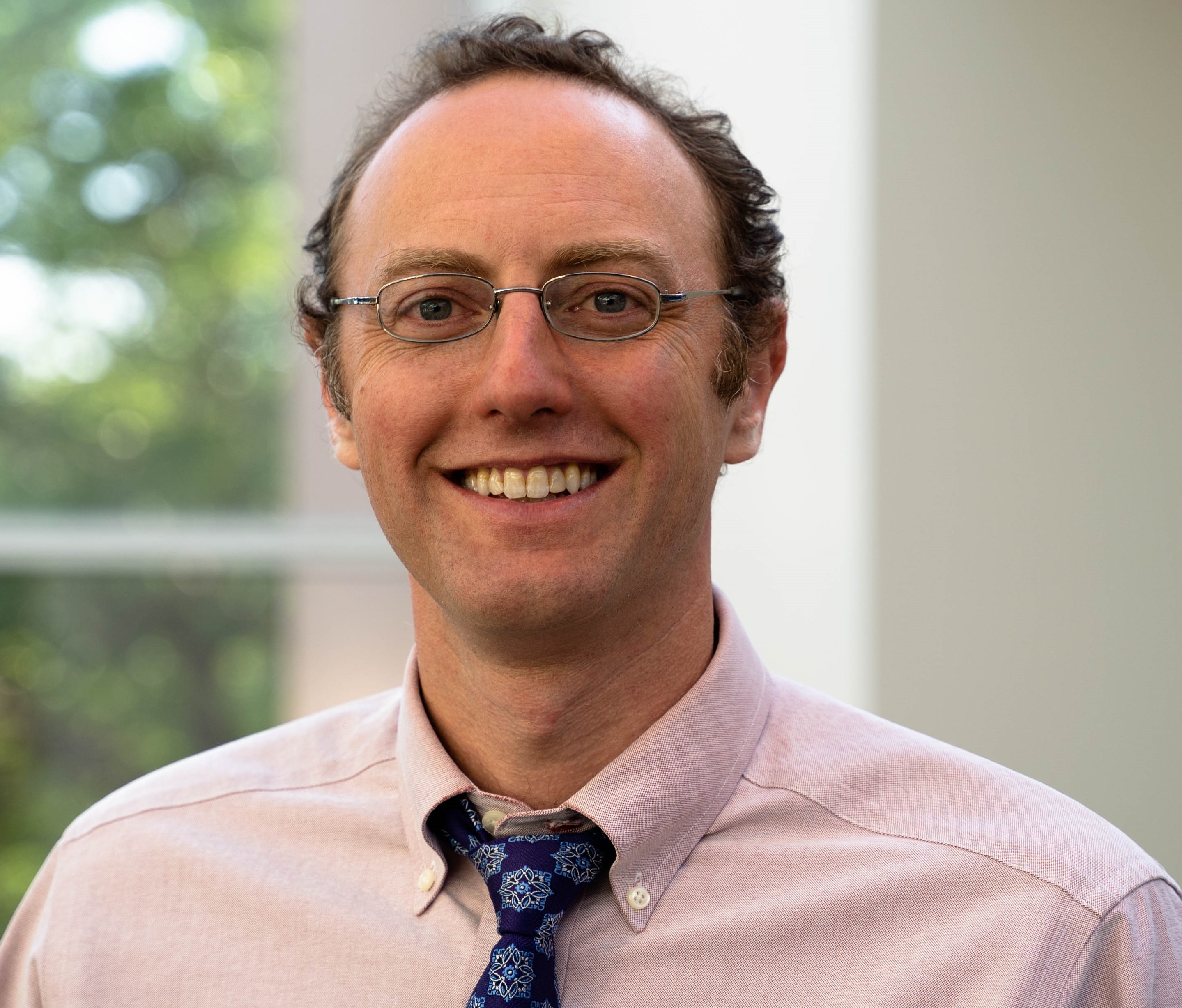
Zev Schuman-Olivier, MD
Assistant Professor in Psychiatry, Harvard Medical School and Founding Director, Cambridge Health Alliance Center for Mindfulness and Compassion

Medications for opioid use disorder (MOUD) like buprenorphine have become first-line treatments that reduce risk of overdose and can save lives. Stopping medication abruptly can lead to relapse and overdose. Yet, taking MOUD or psychiatric medication during recovery can bring up strong feelings both among individuals taking medications and for their families and recovery community peers. Feelings about the role of medication can be impacted by stigma against addiction and mental health disorders in society. Cultivating mindfulness while taking medication may be a middle path for accepting the role that medication plays right now. Mindfulness with medication can be a self-compassionate and skillful choice, developing skills for self-regulation needed for recovery to help bring the brain back into balance. This presentation will describe the mechanisms of mindfulness in self-regulation and addiction recovery and will include several brief mindfulness practices.
 May 18, 2023 11:30 am
May 18, 2023 11:30 am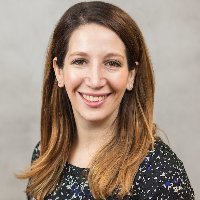
Nicole Gastala, MD
Medical Director, Substance Use Prevention and Recovery Division of the Illinois Department of Human Services

Dr. Gastala will discuss harm reduction as an effective approach to addressing the public health epidemic involving substance use as well as infectious disease and other harms associated with drug use. Harm reduction strategies are both evidence-based and the standard of care for patients with SUD or at risk of SUDs. SAMHSA defines harm reduction as a proactive and evidence-based approach to reduce the negative personal and public health impacts of behavior associated with alcohol and other substance use at both the individual and community levels. Harm reduction is critical to keeping people who use drugs alive, as healthy as possible, and is a key pillar in the multi-faceted Health and Human Services' Overdose Prevention Strategy. Harm reduction services can include, but are not limited to, evidence-based practices such as syringe exchange, naloxone distribution, and fentanyl testing strips.
 May 18, 2023 01:00 pm
May 18, 2023 01:00 pm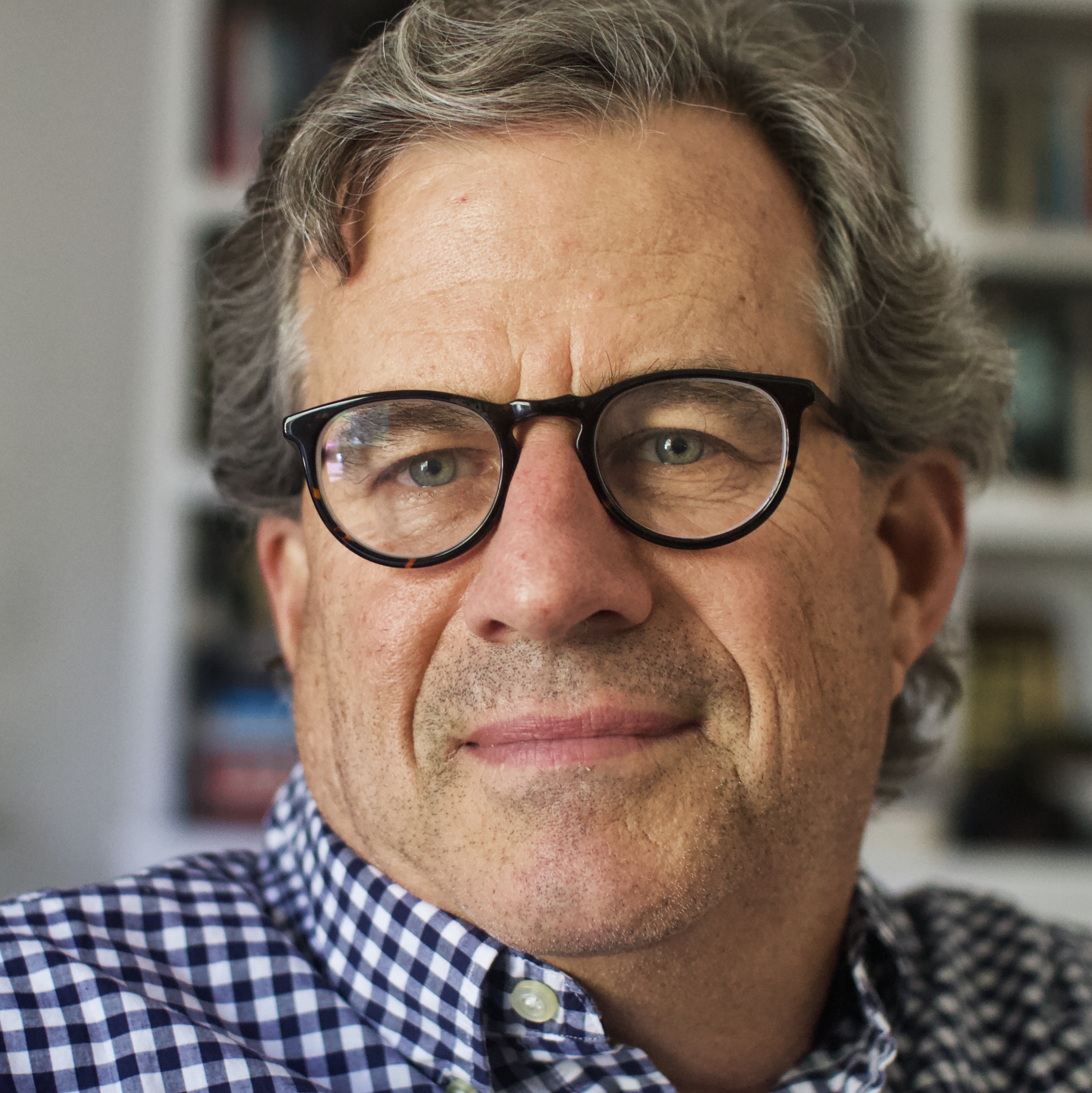
Sam Quinones
Journalist & Author

This session with Sam Quinones' author of "Dreamland" features the research and discovery that developed his latest book "The Least of Us: True Tales of America and Hope in the Time of Fentanyl and Meth". In this session, Sam will discuss the essential characteristics of life’s accounts leading up to the nation’s opioid epidemic, share community recovery efforts to improve overdose prevention and reversal interventions to save lives and help the vulnerable, and illustrate how the latest emerging drug threats of fentanyl and meth have heightened the drug epidemic's deleterious effects. In The Least of Us (published in October 2021), Quinones chronicles the emergence of a drug-trafficking world, production of massive supplies of drugs cheaper and deadlier than ever marketed directly to individuals vulnerable to opiod use disorders, as the backdrop to tales of Americans' quiet and determined attempts to recover community through simple acts of helping the vulnerable.
 May 18, 2023 02:30 pm
May 18, 2023 02:30 pm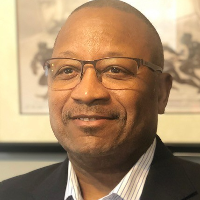
Delmonte Jefferson
Executive Director, The Center for Black Health & Equity

In this workshop, Delmonte Jefferson will discuss how The Center for Black Health & Equity works to advance health justice by building community power and developing community infrastructure so that communities are capable of advocating for equity centered policies.
 May 18, 2023 02:30 pm
May 18, 2023 02:30 pm
Joe Smyser, PhD, MSPH
CEO, Public Good Projects (PGP)

Nothing is what it was. Whether looking at tobacco control, vaccines, reproductive health, or addiction, the strategies of 2020 need updating. This talk will provide an overview of the information landscape addiction programs must navigate in 2023 and beyond.
 May 18, 2023 02:30 pm
May 18, 2023 02:30 pm
Dr. Jeff Foote
Co-Founder of the Center for Motivation and Change and President of CMC: Foundation for Change

The Invitation to Change approach is grounded in compassion, connection, and the understanding that families can have a powerful helping impact on those struggling to change. The ITC Approach draws on evidence-based practices also found in Acceptance and Commitment Therapy (ACT), Motivational Interviewing (MI), and the Community Reinforcement and Family Training approach (CRAFT), as well as decades of clinical experience working with families and loved ones. Built on the three pillars of Understanding, Awareness, and Action, the ITC first illuminates new perspectives on substance use and the process of change; next, it creates a foundation of self-awareness and willingness to engage with emotional pain. Finally, it emphasizes action, teaching communication and behavior skills to promote and support new behaviors in a person struggling with substance use.
 September 7, 2023 02:00 pm
September 7, 2023 02:00 pm
Speaker 1

 May 19, 2023 09:00 am
May 19, 2023 09:00 am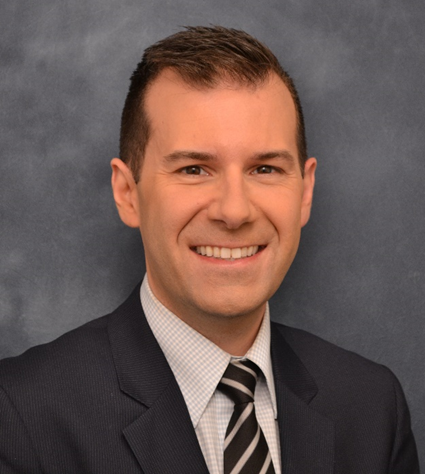
Dr. Brian King
Director, Center for Tobacco Products, US Food and Drug Administration

Please join Dr. Brian King, Director of the FDA’s Center for Tobacco Products, to learn more about the Federal regulation of tobacco products in the United States, including manufacturing, marketing, and distribution. He will discuss the core activities of the Center, including developing and issuing regulations and guidance, reviewing tobacco product applications, issuing compliance and enforcement actions for documented violations of the law, and educating the public about the risks of tobacco products.
The presentation will include an overview of recent agency announcements, including proposed rules to prohibit the sale of menthol cigarettes and flavored cigars, as well as the agency’s plan to propose a rule to cap the maximum level of nicotine in cigarettes and certain other combusted tobacco products.
 May 19, 2023 10:00 am
May 19, 2023 10:00 am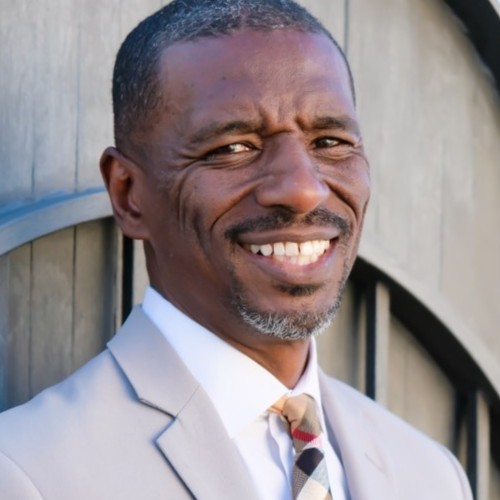
Carlton Hall
CEO of Carlton Hall Consulting LLC | Public Health Expert

The role of prevention is critical in addressing addiction, which is directly and indirectly, impacting all Americans from coast to coast. The cost of Marijuana use is high. But it's not that simple. Communities are still in the midst of an opioid epidemic, while addressing emerging challenges like rising vaping injuries and a meth resurgence, during a global pandemic. This session will discuss poly-drug misuse, racial disparities, and other social factors. The implications of creating an inequity among those who misuse, seek recovery and are exposed to the emerging commercialism The presenter will reframe perceived “gaps in the national conversation” as opportunities to change the conversation and offer “strategies” as critical skills required to specifically impact population-level reductions in polysubstance misuse and abuse with scale and scope in diverse communities.
 May 19, 2023 11:30 am
May 19, 2023 11:30 am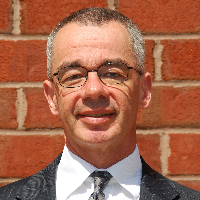
David Nash, Esq.
Director of Legal Education/LEGAL ONE and National Outreach

In this session participants will be provided with a roadmap for putting in place legally defensible, evidence-based protocols related to substance use prevention and response and will have the opportunity to consider how to address various scenarios that are likely to arise in the school setting. David will share an actionable and comprehensive toolkit developed by New Jersey Prevention Network, in collaboration with LEGAL ONE, that responds to the challenges created for school officials when New Jersey legalized cannabis use for adults.
 May 19, 2023 11:30 am
May 19, 2023 11:30 am
Marianela Medrano, PhD, LPC, CPT
Psychotherapist and Author, Owner at Palabra Counseling & Training Center

Mindful Writing is an expressive practice that focuses on the present moment and silence, introspection, discernment, and other contemplative means. Grief and loss are ubiquitous; sooner or later, we will experience them. In this presentation, we will apply MW as a therapeutic means to examine the gifts within grief and loss. MW uses all the senses without judgment to express true-to-life depictions of our inner and outer experiences. This therapeutic approach aids in the cultivation of more in-depth relationships with clients as they traverse grief.
The process moves in three cycles, the intrapersonal, the interpersonal, and the spiritual, offering skillful means to hold the therapeutic space with compassion and kindness. Mindful Writing provides pathways to wholeness. "Wholeness" includes all aspects of our lives, not just the desirable and the positive, but the neutral, negative, or dislikable. Looking at wholeness as just made of positive experiences is incomplete and creates aversion. This approach sees grief and loss as part of wholeness.
By the end of our time together, you will be able to apply the teaching of compassion and facilitate intrapersonal growth in your clients by using simple practices to get in touch with grief and loss. Additionally, you will employ this knowledge in day-to-day living as you investigate your responses to loss and grief. It is easier to teach what we experience first-hand. You will assess and apply Mindfulness, with its four foundations, to the practice of writing as a therapeutic means of navigating grief and loss. You will see how “Our tendency for self-protection leads us to store the conflicting emotions of grief in some dark, cramped corner of the mind or body. But avoidance or resistance to grief only intensifies the pain.” Frank Ostaseski
 May 19, 2023 11:30 am
May 19, 2023 11:30 am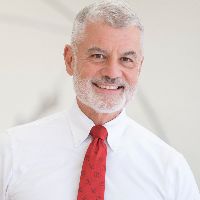
Petros Levounis, MD, MA
Professor and Chair, Department of Psychiatry, and Associate Dean Rutgers New Jersey Medical School and Chief of Service at University Hospital

From a neurobiological perspective, addiction is the hijacking of the pleasure-reward pathways of the brain and a weakening of its executive function. In 2023, the fundamental model has been expanded to include newer concepts such as motivational circuitry and anti-reward pathways. These 21st century discoveries inform clinical innovations that are now changing the landscape of the pharmacological and psychosocial treatments of substance use disorders and the behavioral addictions.
 May 19, 2023 01:00 pm
May 19, 2023 01:00 pm
Joelle Lester
Executive Director, Public Health Law Center

Since the 1950s, the tobacco industry has killed millions of Americans and harmed tens of millions more, all while targeting kids and communities of color, driving up healthcare costs, and poisoning the environment with toxic waste. It’s time to end this, and communities have the evidence and authority they need to take action. In recent years, public health experts throughout the U.S. have considered a range of policy approaches that states and localities could adopt as part of a comprehensive approach to eliminate commercial tobacco use.
Joelle Lester, a seasoned public health attorney, will provide an overview of endgame policy strategies and the current state of the tobacco endgame and will explain why reducing tobacco use can advance racial and health equity.
 May 19, 2023 01:00 pm
May 19, 2023 01:00 pm
Dr. Danielle Dick
Rutgers Addiction Research Center Director & Professor of Psychiatry

The field of genetics is rapidly advancing, and personalized medicine promises to change the way we approach prevention, intervention, and treatment. What does this mean for the field of addiction? In this talk, Dr. Dick will provide an update on what we know about the genetics of addiction, how new advances are having an impact on our ability to prevent and intervene in substance use disorders, and how you can apply this knowledge now to help individuals and families.
 May 19, 2023 01:00 pm
May 19, 2023 01:00 pm
Dr. Kathleen Ethier
Director, CDC Division of Adolescent and School Health

Young people in the United States are collectively experiencing a level of distress that calls on us to act. Findings from the Centers for Disease Control and Prevention’s Youth Risk Behavior Survey Data Summary & Trends Report highlight concerning levels of violence, poor mental health, and suicidal thoughts and behaviors among adolescents. Results show significant disparities in these experiences for certain groups of youth: Female students and LGBQ+ students are experiencing more violence, poor mental health, and suicidality than their peers. They are also using more substances. Supporting adolescent health and well-being is critical. Proven school-based strategies can offer the support young people need to reduce substance use and experiences of violence and improve mental health. This session will review key findings from the latest national Youth Risk Behavior Survey data and discuss school-based strategies that can help promote adolescent health.
 May 19, 2023 02:30 pm
May 19, 2023 02:30 pm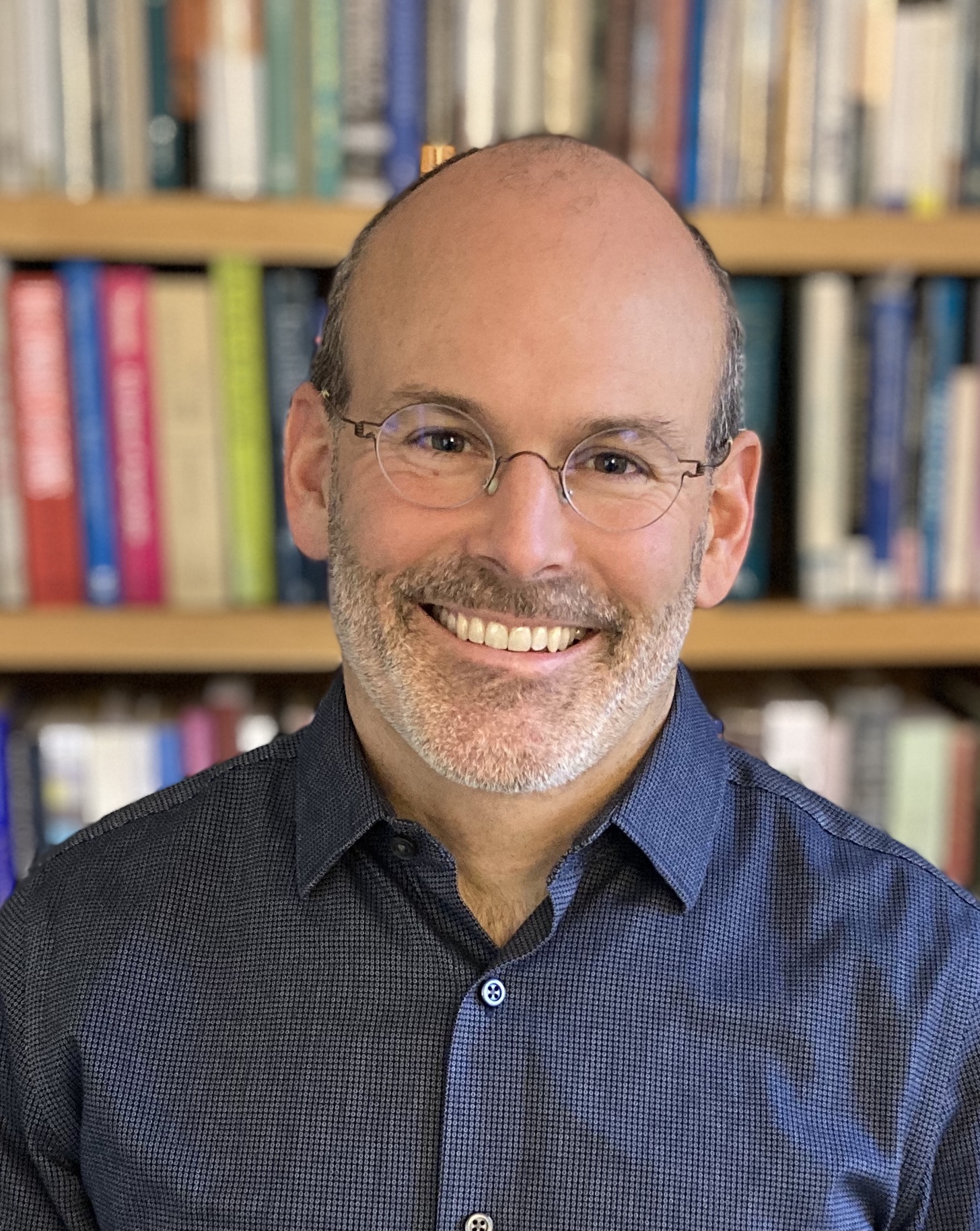
Jud Brewer, MD, PhD
Associate Professor & Director of Research and Innovation, Mindfulness Center

We are all vulnerable to craving. Whether it’s a compulsion to constantly check social media, overeat, smoke, excessively drink, or any other behavior, we may find ourselves uncontrollably repeating. Why are bad habits so hard to overcome? Is willpower more myth than muscle? Can we learn how our minds work, and even tap into this very process to find a key to conquer the cravings we know are unhealthy for us and foster our natural capacities for awareness and kindness? Drawing on his clinical work, research studies and development of next-generation therapeutics for habit change, Dr. Brewer will discuss the underlying behavioral and neurobiological mechanisms of why habits are formed and how mindfulness can paradoxically tap into these very processes to uproot them. He will also discuss how we can apply these insights to our own lives.
Judson Brewer, MD, PhD, an addiction psychiatrist, and neuroscientist brings together over 20 years of experience of meditation practice and teaching, clinical work, and neuroscience research to develop novel treatments for behavior change. His in-person and app-based training are scientifically proven to help break bad habits, and fostering flourishing, including those for anxiety (Unwinding Anxiety), emotional and stress eating (Eat Right Now) and smoking cessation (Craving to Quit). He is the author of The Craving Mind: from cigarettes to smartphones to love, why we get hooked and how we can break bad habits (New Haven: Yale University Press, 2017).
Dr. Brewer will describe how we can tap into the actual processes that encourage habitual behaviors in order to step out of them. In very accessible ways, he will explain the mechanisms of habit and addiction formation, and then teach participants ways to help them experience and learn how the practice of mindfulness can interrupt these habits in their own lives. He will also show participants how to build their own capacities of awareness, kindness, and curiosity leading to greater resilience.
Renewal credits/continuing education contact hours will be awarded for all certifications issued by The Certification Board including: